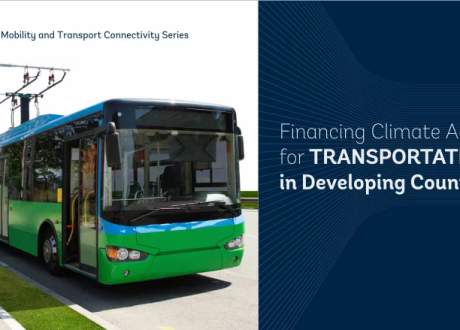
Egypt’s Abouleish among 100 Most Influential Africans 2024 in civil society
Egypt’s Helmy Abouleish, a prominent figure in the field of sustainable agriculture, particularly known for ...

Pretoria Energy Company (Arable) Limited, which produces feedstock for a sister company’s anaerobic digestion plants, will pay over £45.5 in fines, costs and compensation after it polluted 2 Fenland watercourses.
The company admitted causing the pollution incidents at Little Racy Drain (a tributary of the Forty Foot Drain) in Emneth Hungate, Norfolk, and the New Cut Drain (West) at Aldreth in Cambridgeshire.
At Cambridge Magistrates’ Court on 8 August 2019, the court was told that both pollution incidents were a result of silage liquor leaking from ag-bags and making its way into the watercourses.
Magistrates heard that ag-bags are large bags often stored on fields, filled with agricultural feeds and once sealed should be airtight. They vary in length, but an example of the size of ag-bag involved in this case is 77 meters long and contained 318 tons of silage.
Being airtight and subject to direct sunlight, there is a large amount of gas and silage liquor produced in the ag-bags which needs maintenance by the owner, typically by releasing the gas to avoid the bags bursting and removing of the liquor to stop the polluting liquid escaping and getting into the environment.
The court was told that on 7 February 2017, the Environment Agency was contacted by a member of the public to advise that they believed there had been a pollution from the ag-bags located on land in Emneth.
An Environment Agency officer attended the site the following day and found that the pollution was caused by silage liquor escaping from some of the 8 ag-bags present on site. Some of these ag-bags had holes in the sides from where it is believed the silage liquor had leaked.
Sewage fungus was found growing 300m downstream of the incident.
It is believed that other ag-bags had leaked silage from underneath.
A representative from the company attended site on 8 February 2017 to meet with the officer and said that he would get the ag-bags removed.
Despite this, the officer attended back at the Emneth site on 29 March 2017 where he discovered that all 8 of the ag-bags were still present on site. Samples showed that the pollution was continuing to have an impact on the watercourse.
On July 19 2017, a council employee attended the site following an odour complaint and could see that there were 5 ag-bags still present.
At a separate location in Aldreth, Cambridgeshire, reports were received of a potential pollution on 26 May and 30 May 2017.
Environment Agency officers attended the scene and found 14 ag-bags present, each containing up to 318 tons of silage.
Although 8 of the bags had completely failed by bursting or leaking and discharging silage liquor, it was believed the liquor had been contained and had not entered the watercourse.
However, during a second visit on 1 June, officers inspected the watercourse and found the water was black, smelt stagnant and there was sewage fungus on the edges of the water’s surface up to 535 meters downstream from the point it entered the watercourse. The pollution was traced back to the ag-bags.
Samples taken on 23 June found the water to be “clearly harmful” to the biodiversity of the watercourse.
Interviewed under caution, the company admitted that it had caused the pollution in both instances.
Regarding Emneth, the company said it had tried to identify drains on the site and had checked the ag-bags, but admitted to not pumping out any of the silage liquor which ended up in the watercourse.
The company cited the extreme weather for the bursting of the ag-bags at Aldreth and had said that the ground had been too hard to absorb some of the liquid.
The court was told that another company in the group has previous convictions for 2 similar offences dating back to 2014. A director of Pretoria Energy Company (Arable) Limited accepted that the companies communicated lessons learnt from that incident.
At sentencing, the Magistrates found that the company was reckless with respect to both incidents.
After the sentencing, environment officer, Joe Vervaeke, said:
“We are satisfied with the sentence handed out today and hope it acts as a deterrent to others.”
The silage liquor which leaked from the ag-bags into the watercourses would have had a detrimental effect on the environment so it is only right that the company responsible should be held to account.
Egypt’s Helmy Abouleish, a prominent figure in the field of sustainable agriculture, particularly known for ...
A study – by the Potsdam Institute for Climate Impact Research (PIK) – suggests that ...
Investing in resilient transport in low- and middle-income countries (LMICs) requires $417 billion annually between ...


اترك تعليقا